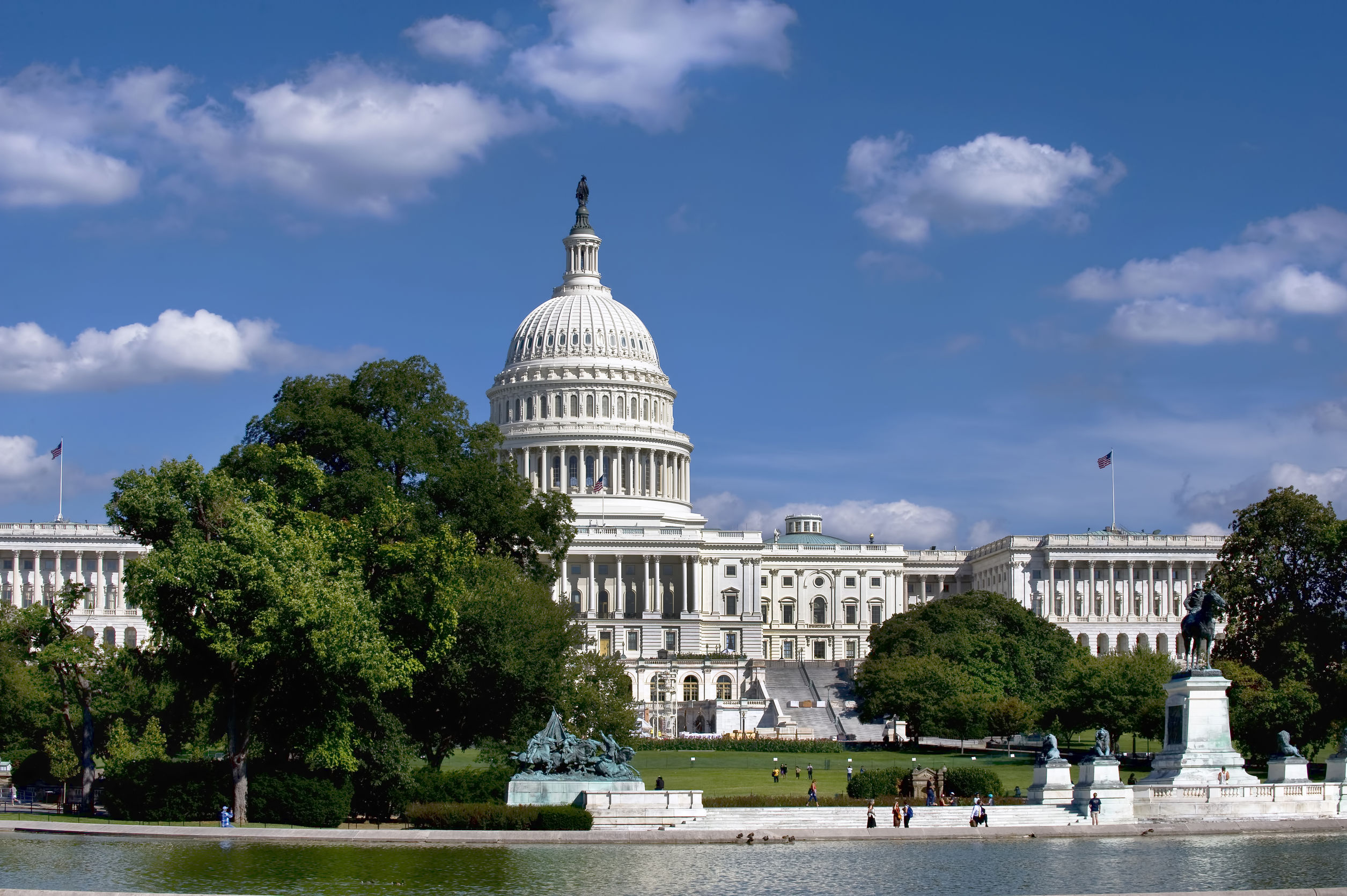An internal state audit of the Kansas Medicaid system, released in late July, revealed $1.3 in inappropriate payments to the companies contracted to administer certain programs for people in the Medicare system who were dead.
But a federal audit found $17.3 in overpayments by the State of Kansas to those MCOs, making the State’s internal audit wrong by several orders of magnitude.
.An Office of the Inspector General report released on Sept. 1, reveals that the true figure in “unallowable capitation payments,” is more than 11 times the state’s figure.
Kansas pays Medicaid managed care organizations (MCOs) to make services available to enrolled Medicaid beneficiaries in return for a monthly fixed payment for each enrolled beneficiary (capitation payment).
OIG audited 12,277 capitation payments, totaling over $18.2 million from 2017-2019 — roughly half the period the state audited — and found 1,383 improper payments.
They found that the date of death recorded by the state often did not agree with the date recorded by the Social Security Administration.
Specifically, according to OIG, Kansas made at least $17.3 million in unallowable capitation payments to MCOs on behalf of beneficiaries whose dates of death preceded the service period covered by the monthly capitation payment, for which it claimed at least $9.7 million in unallowable Federal reimbursement. Specifically, 1,383 capitation payments totaling $2.7 million ($1.5 million Federal share), made on behalf of deceased beneficiaries who had a date of death in Kansas’s eligibility system that did not always agree with the information in the SSA’s “Death Master File”, were unallowable. Further, 100 capitation payments in the stratified random sample, totaling $192,991 ($108,657 Federal share), were made on behalf of beneficiaries who had a date of death recorded in the DMF but who did not have a date of death in Kansas’s system, were unallowable.
On the basis of their sample, OIG estimates — in just the three years they audited — Kansas made unallowable capitation payments totaling at least $14.6 million, of which $8.2 million were federal dollars, and the state had previously overreported capitation payments totaling over $2 million ($1.2 million Federal share) that were related to prior-period adjustments.
OIG issued several recommendations, to which — apparently — the Kelly Administration has not directly responded.
OIG said the state should refund at least $10.9 million to the Federal Government; recover payments totaling almost $2.7 million that were made to MCOs on behalf of deceased beneficiaries who had a date of death recorded in Kansas’s system; identify and recover payments made to MCOs on behalf of deceased beneficiaries who did not have a date of death recorded in Kansas’s system, estimated to be at least $14.6 million; and identify and recover payments made on behalf of deceased beneficiaries before and after OIG’s audit period and repay the Federal share of any amounts recovered.
OIG made additional procedural recommendations for the strengthening of internal controls and policies and procedures regarding accurate and timely updates to Kansas’s eligibility system and the accurate reporting of all Medicaid expenditures, to include prior-period adjustments.
“Kansas did not directly address our recommendations but stated that our analysis resulted in legitimate findings of incorrect capitation payments,” the report states. “Kansas also described corrective actions it had taken or planned to take, to include reviewing and reconciling data and performing automated and manual refunds, creating a task force to address our recommendations, and implementing monitoring and senior leadership oversight activities.”
State Senator Richard Hilderbrand (R-Baxter Springs), noted Kansas taxpayers will be on the hook for the costs of recovering the unallowable payments.
“Every penny that the government spends, whether it is our city, schools, county, state, or federal government, that penny was not created by the state, rather it was taken from the people in the form of taxation or fees,” Hilderbrand said in an emailed statement. “The people of Kansas have entrusted the state government to spend their hard-earned tax dollars wisely and appropriately. Unfortunately, as with anything the government does, the government is failing in this area.
“Rightfully so, the government has lost the trust of the people. The government has to want to earn that trust back and start doing a better job with duties that the people have entrusted it to do.”
The Sentinel reached out to Governor Laura Kelly’s office to ask how so much money could have been overpaid, how and when it would be recovered, and what steps would be taken to prevent a recurrence.
Kelly’s office declined to respond.



